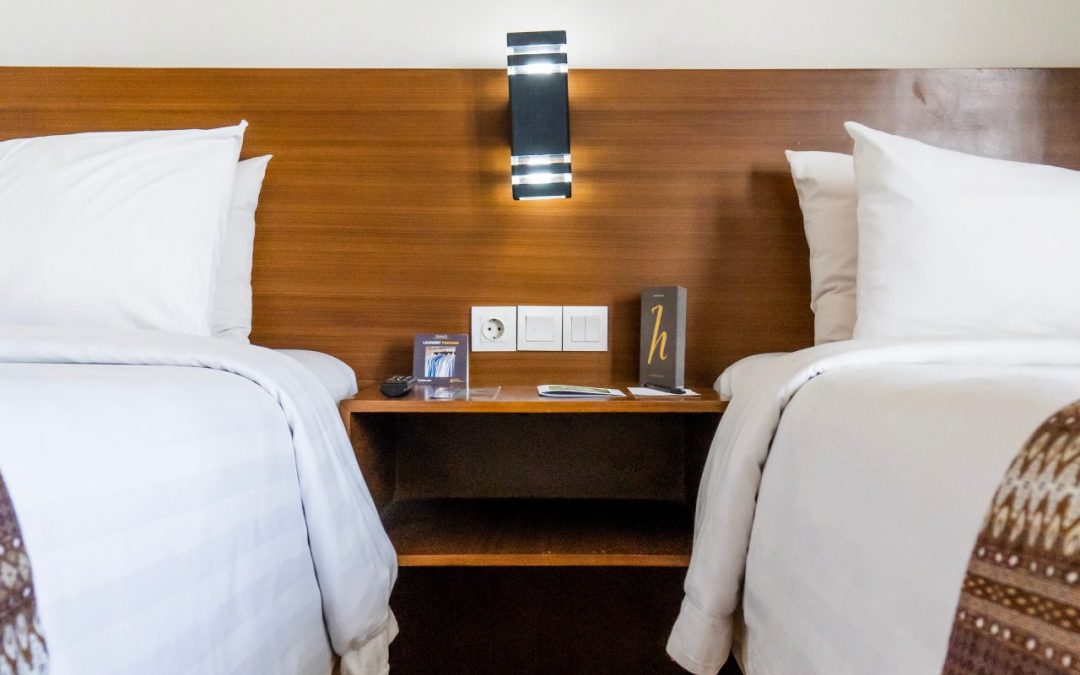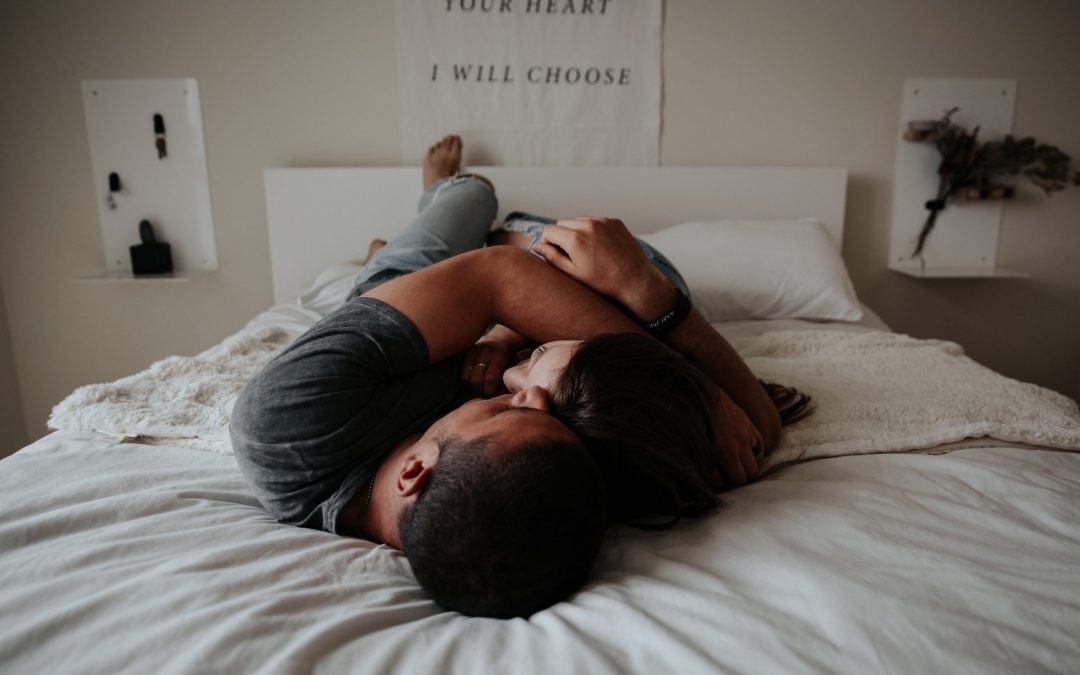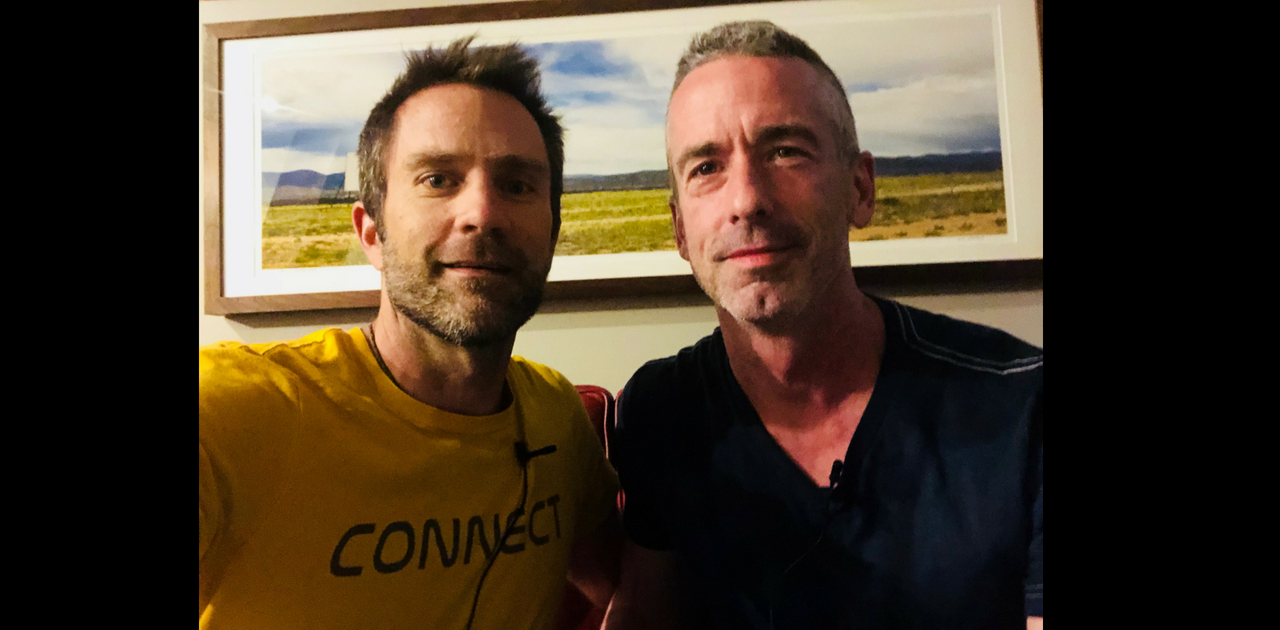4 Questions to Ask Yourself to Determine if You are More Masculine or Feminine in the Bedroom
First, let’s get clear. Feminine/masculine doesn’t always have to mean female/male. And in this case, it doesn’t. Here we’re talking about the energy we put out into the world and carry in ourselves. We all have a little of both but tend to gravitate towards one or the other, regardless of gender. In my podcast with Joanna Shakti, we dive into how these dynamics play out and the impact they have on our relationships. Watch the podcast here: https://youtu.be/u5nDkB32jMM In this episode, Joanna shares some of her journey from working as a highly successful electrical engineer to a student and teacher of sexual chemistry, love, and how the “energy” you project into the world plays a big role, particularly in intimate relationships. Her career was solid. However, Joanna found herself getting divorced, and when she started dating, she repelled the type of guys she found attractive. Then she put in the work to turn her “energy” around and the shift was incredible. So many people these days, particularly highly successful career women, find themselves struggling in relationships because of disconnection to their true self. We find ourselves projecting our masks and unable to connect with each other as a result. Feminine/Masculine energy is a part of that disconnect. Joanna shared with me 4 questions you can ask yourself to help identify your true dominant energy:
- If you imagine your partner, are they larger or smaller than you?
- Do you imagine picking up your partner or being picked up?
- Do you want to get asked out on a date or do the asking?
- If you are being intimate with your partner and one of you is pressed against a wall, are you the one against the wall or the one pressing your partner into it?
Don’t think too hard. Note what first pops into your head. Remember, there is no wrong answer. We are all a little of both, yin and yang, male and female, light and dark. It’s part of life. Understanding where your heart stands and what you actually project outwards can be a game-changer. And it is totally possible to shift closer to your true nature if you’re willing to put in the work. Tune in now to hear more of Joanna’s story along with some interesting additional material about scheduled sex and even open marriages. Here’s some more good stuff I’ve got about feminine/masculine dynamics and sex: Masculine Woman Dating a Feminine Man The #1 Reason Married Couples Stop Having Sex Toxic Masculinity & Male Sexuality Partner Not Meeting Your Sexual Needs

















